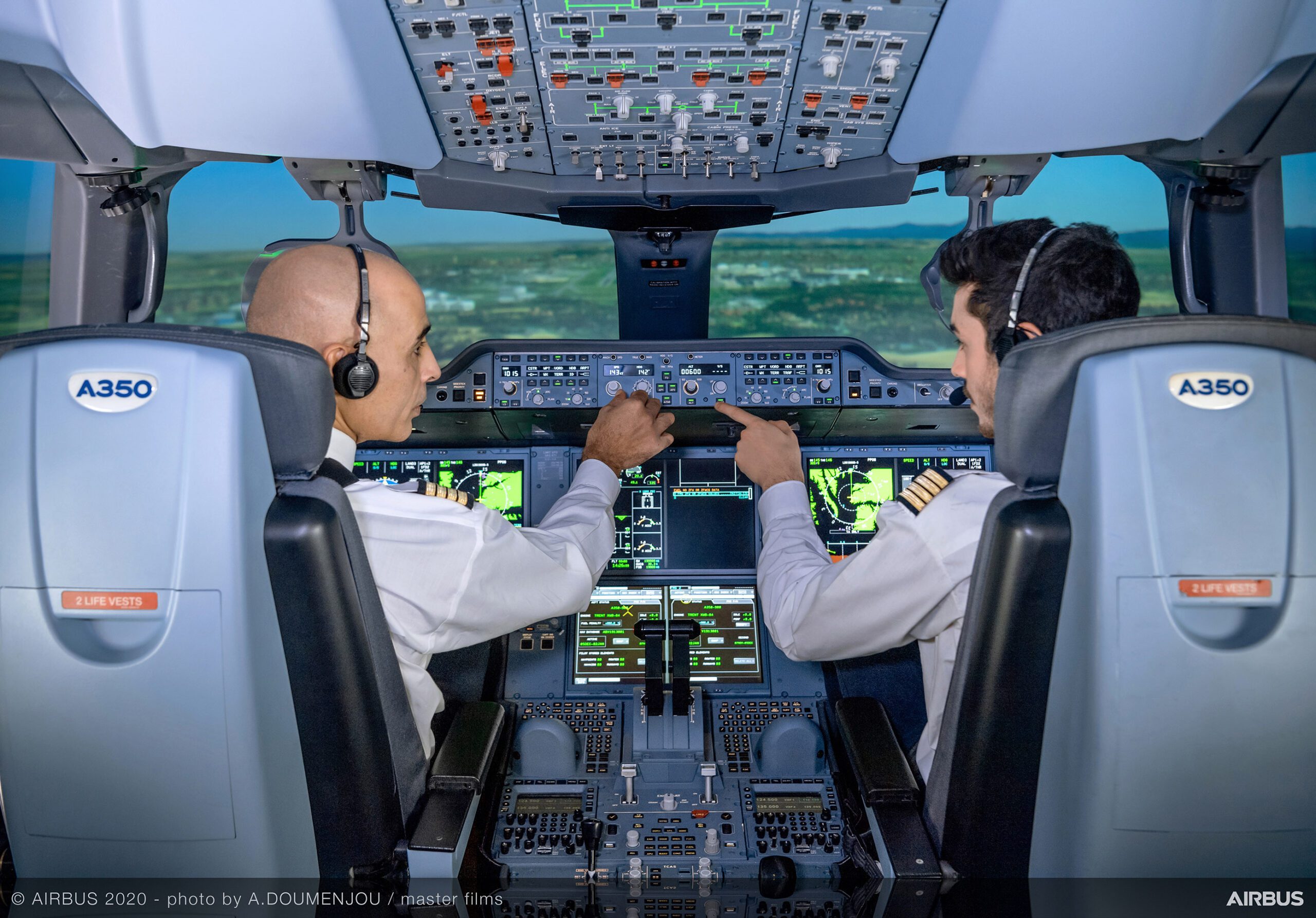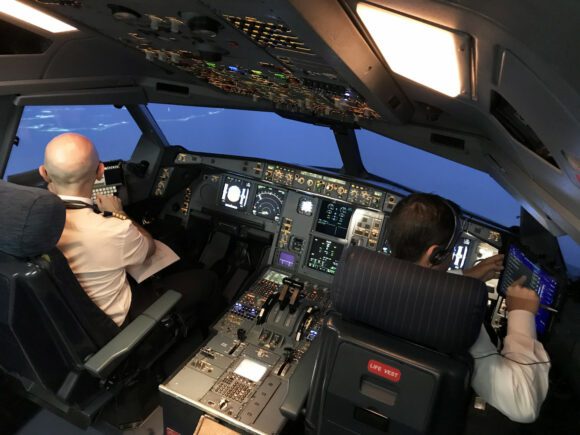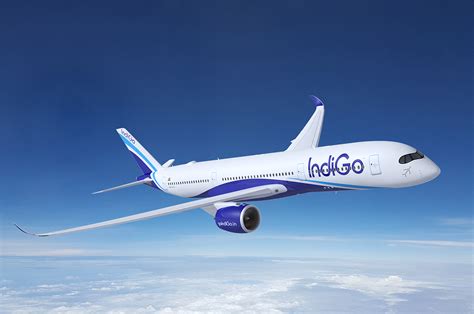
Airbus Services Full Flight Simulator 002 email scaled
China’s Loong Air is the first airline that has signed up for a new flight training concept that has recently been adopted by Airbus. The so-called Evidence-Based Training (EBT) improves the pilot’s competencies in dealing with unexpected situations. Iberia has been fully using EBT now for almost a year. Evidence-based pilot training gets impetus with Airbus contract.
EBT was developed back in 2007, with a leading role for the UK’s Royal Aeronautical Society, ICAO, IATA, other agencies, and aircraft manufacturers. Under IATA’s training and qualification initiative, it was endorsed by ICAO in 2013. EBT focuses on the development and assessment of key pilot competencies and replaces training procedures that have been used for over half a century.
As IATA explains on its website, “EBT enforces instructors to analyze the root causes to correct inappropriate actions, rather than simply asking a flight crew member to repeat a maneuver with no real understanding as to why it was not successfully flown in the first instance. (…) Pilots who benefited from an Evidence-Based Training are better equipped to manage unforeseen situations, as the methodology focuses on developing competencies that can be applied to different situations rather than mastering how to respond to defined scenarios.”
Airbus has offered pilot training for years, based on the principles of Competency-Based Training and Assessment (CBTA). Pilots frequently have to do re-training to confirm their competencies, for which the Recurring Training and Checking (RTC) has been developed. Evidence-Based Training is an alternative to assessing a pilot’s competencies, performance, and workload management.
Iberia introduced EBT after a three-year evaluation
In June 2021, Iberia announced that it was the first European airline to fully introduce EBT together with the introduction of latest-technology aircraft like the Airbus A350 and A320neo family. The Spanish airline said that it was now solely relying on EBT for refresher courses, having evaluated Evidence-Based Training and traditional exercises over a three-year period.
In a press release last year, Iberia’s Production Manager Rafael Jimenez Hoyos said that EBT was a new training program suited to the requirements of last-generation airliners: “Now, we use simulators to train for what may really happen in our cockpits. In addition, we are training our pilots in the competencies that will enable them to react appropriately in any situation.”
Iberia pilots are training in an Airbus A330 simulator. They do rechecks using EBT. (Iberia)
Based on nine criteria set out by ICAO, EBT looks at the application of procedures and adhering to norms, the application of knowledge, communication, Flight Path Management (both automated and manual control), leadership and teamwork, problem-solving and decision making, situational awareness and information management, and workload management. With these skills, pilots are better prepared for the unexpected.
China makes EBT mandatory from 2024
EBT is being recommended by more and more regulatory agencies. China’s CAAC requires that all Chinese airlines will implement Evidence-Based Training in 2024. This explains that Loong Air as a Chinese airline is the first to adopt the Airbus training program. The Hangzhou-based carrier currently operates a fleet of 28 Airbus A320ceo, 27 A320neo’s, and five A321neo’s, with three more on order.
The Airbus EBT program can be done at training facilities of individual airlines as long as they have full flight simulators and instructors are trained to Airbus’ standards. There is no requirement for training to be done at one of the eighteen training centers or two flight schools that the OEM has around the world. Airbus has signed an MoU with French company Hinfact to provide the specific software needed for EBT training.
Views: 28




